TL;DR: AI agents are transforming customer retention through 5 key areas: predictive churn prevention (catching at-risk accounts 30% faster), personalization at scale (20% better retention), real-time health scoring, dynamic success plans (35% more goals achieved), and proactive support (40% fewer tickets). Companies see 15-25% retention improvements and 40-60% reduction in manual CS tasks. The key? Implementation that enhances rather than replaces human relationships.
If you're in customer success, you've probably felt it: keeping customers is getting harder every year. We're seeing companies lose around 5-7% of customers each month, and honestly, the traditional playbook isn't cutting it anymore.
That's where AI agents come in. I know, I know - another AI buzzword. But hear me out. We've been working with companies implementing these systems, and the results are pretty eye-opening.
So what's an AI agent exactly? Think of it as software that can actually make decisions and take actions on its own. Not just sending automated emails, but really understanding what's happening with each customer and responding accordingly. When you set them up right in your customer success program, they become like having extra team members who never sleep.
Here's what we're seeing work in the real world.
1. They Actually Predict Churn Before It Happens
Look, we've all been there: you get that dreaded cancellation email and think "if only I'd known they were struggling." The thing is, the warning signs were probably there, we just didn't catch them in time.
This is where AI agents shine. They're constantly watching everything: login patterns, feature usage, support tickets, even how customers interact with your emails. And they're good at spotting patterns we'd miss.
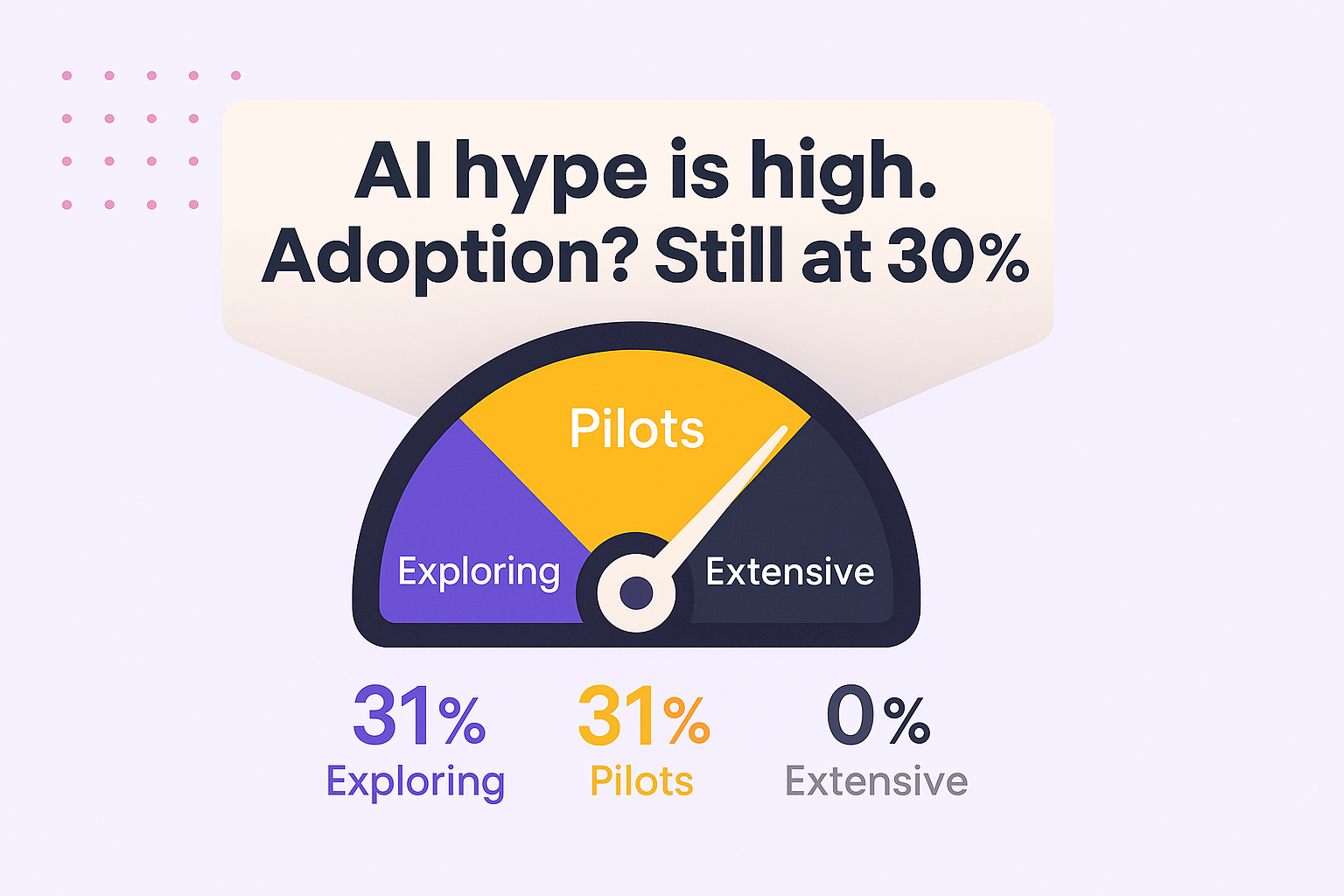
Here's a real example from one of our customers: Their AI agent flagged an account because logins dropped by about 40% over two weeks, the customer stopped using key features, and hadn't clicked on any product update emails. Normally, that account might fly under the radar until they churned.
Instead, the AI agent automatically:
- Sent a personalized email showing features they weren't using that could help
- Put a task in their CSM's queue for a check-in call
- Served up some targeted help content
The customer ended up staying and actually expanded their plan six months later. Companies doing this well are seeing retention improvements of around 15-25%. That's real money: for a company with $10M ARR, we're talking about an extra $1.5-2.5M staying in the business.
2. Personalization That Actually Scales
We all know personalization works. The problem? Doing it manually for hundreds or thousands of customers is basically impossible. You end up with generic templates that feel... well, generic.
AI agents solve this in a way that's honestly pretty cool. They look at everything about each customer: their role, company size, what industry they're in, how they actually use your product - and then create experiences that feel tailored just for them.
The best part is it gets smarter over time. As customers interact with your platform, the AI learns what resonates and adjusts accordingly.
{{cta-demo2}}
Here's what this looks like in practice: A marketing manager at a 50-person startup gets content about quick wins and campaign optimization. A developer at a Fortune 500 company sees API docs and enterprise integration guides. Same product, completely different experiences that actually make sense for each person.
The companies we work with are seeing about 20% better retention when they nail personalization like this. And the crazy part? It happens automatically once you set it up. Your adoption rates go up because customers are actually engaging with stuff that matters to them.
3. Customer Health Scores That Go Beyond the Obvious
Most of us track customer health scores, but let's be honest: they're usually pretty basic. Login frequency, feature usage, maybe support tickets. The problem is you can miss a lot of nuance with that approach.
AI agents look at way more than just the surface-level stuff. They're analyzing sentiment from support conversations, how fast customers adopt new features, whether they're hitting their stated goals, and even external factors that might impact their business.
But here's the kicker: they update in real time. No more waiting for quarterly reviews to realize someone's been struggling for months.
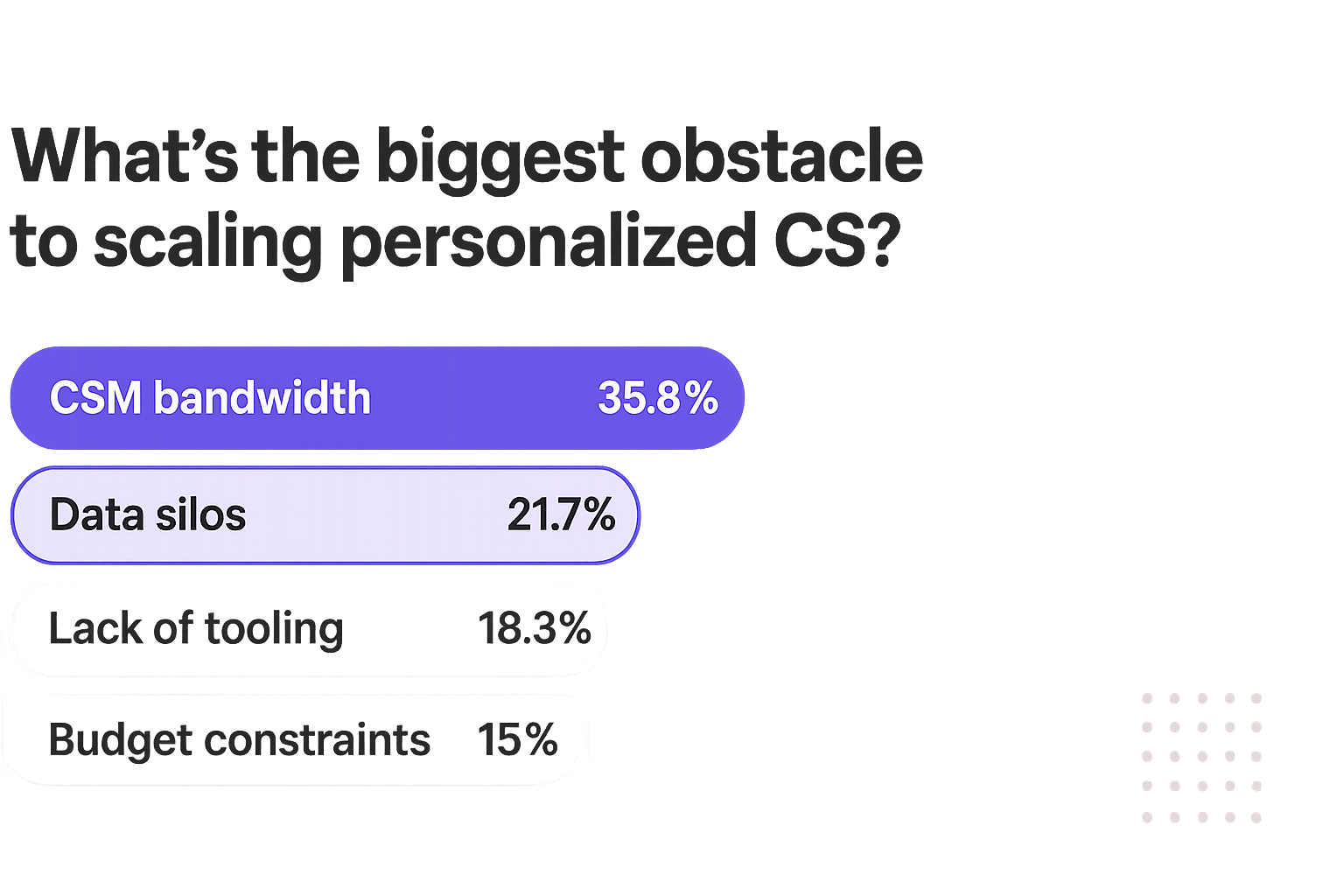
We had one customer whose traditional health score looked fine: good usage numbers, regular logins. But their AI agent noticed that support tickets were getting more frustrated in tone, and the customer hadn't hit any of their goals for two months straight. That account got flagged for immediate attention, and it turned out they were actually evaluating competitors.
Companies using this approach are finding at-risk accounts about 30% faster and having much better success with retention efforts because they're catching problems when they can still fix them.
4. Success Plans That Actually Stay Current
Anyone who's managed success plans knows the struggle: you spend hours creating them, and then life happens. Customer priorities shift, they hit milestones faster than expected, or they get stuck somewhere you didn't anticipate. Keeping plans updated manually is a nightmare.
AI agents handle this stuff automatically. They track progress toward goals and suggest adjustments when things change. When customers hit milestones, they trigger celebrations and figure out what comes next. When customers get stuck, they flag it before it becomes a bigger problem.
The smart ones even learn from patterns across all your customers. If they notice that customers who complete certain activities early tend to expand later, they'll optimize future plans to include those activities.
Here's what happened with one customer: They achieved their main onboarding goal way ahead of schedule. Instead of waiting for the next quarterly review, their AI agent immediately updated the success plan to introduce advanced features, suggested some expansion opportunities, and scheduled a strategic planning call. That customer ended up expanding their contract by 40% within six months.
We're seeing companies with AI-optimized success plans hit about 35% more of their goals and get much better satisfaction scores from customers.
{{cta-demo2}}
5. Support That Fixes Problems Before Customers Know They Exist
Bad support experiences kill retention faster than almost anything else. But here's what's interesting: AI agents are flipping support from reactive to proactive in ways that actually work.
Instead of waiting for customers to submit tickets, AI agents can spot potential issues before they happen. They analyze patterns across your customer base and identify problems that are likely to come up.
When customers do need help, the AI makes sure they get to the right person immediately instead of bouncing around between different support levels. And they're constantly analyzing support interactions to figure out where your help documentation is falling short.
Here's a real example: An AI agent noticed that several customers in the healthcare industry were having trouble with a specific integration. Instead of waiting for more frustrated tickets to pile up, it automatically created targeted help content for that exact issue, reached out proactively to similar customers with prevention tips, and alerted the product team about the pattern.
The results are pretty dramatic: companies doing this well see support ticket volume drop by around 40%, resolution times cut in half, and much happier customers overall. Plus, your support team can focus on the complex stuff instead of answering the same questions over and over.
How We're Making This Stuff Actually Work
Okay, so all of this sounds great in theory, but implementation is where most companies get stuck. That's honestly why we built EverAfter the way we did.
Our AI-native interface builder and AI Agent for Journeys are designed so you don't need a PhD in machine learning to get this stuff working.
.png)
A few things that make it different:
You can set everything up without writing code - our interface builder handles the complex stuff behind the scenes. The AI agents work directly within our customer interface platform, so customers get a smooth experience and your team doesn't have to juggle multiple tools.
Whether you're running low-touch programs or high-touch enterprise accounts, the AI adapts to however you work. And the system gets smarter over time, learning from every customer interaction to get better at predicting what works.
The whole thing is built around the reality that customer success teams are already stretched thin - this isn't about replacing people, it's about making the people you have way more effective.
What This Actually Means for Your Bottom Line
Look, I get it - you want to know if this stuff actually pays for itself. From what we're seeing with customers who've implemented AI agents well:
Retention typically improves by 15-25% (some do better, some do worse, but that's the range we see most often). Your team becomes way more efficient - we're talking about cutting manual CS tasks by 40-60% in many cases. This translates to better Annual Recurring Revenue (ARR) through retention and expansion opportunities. Plus, customer lifetime value goes up when you're delivering personalized experiences and catching problems early.
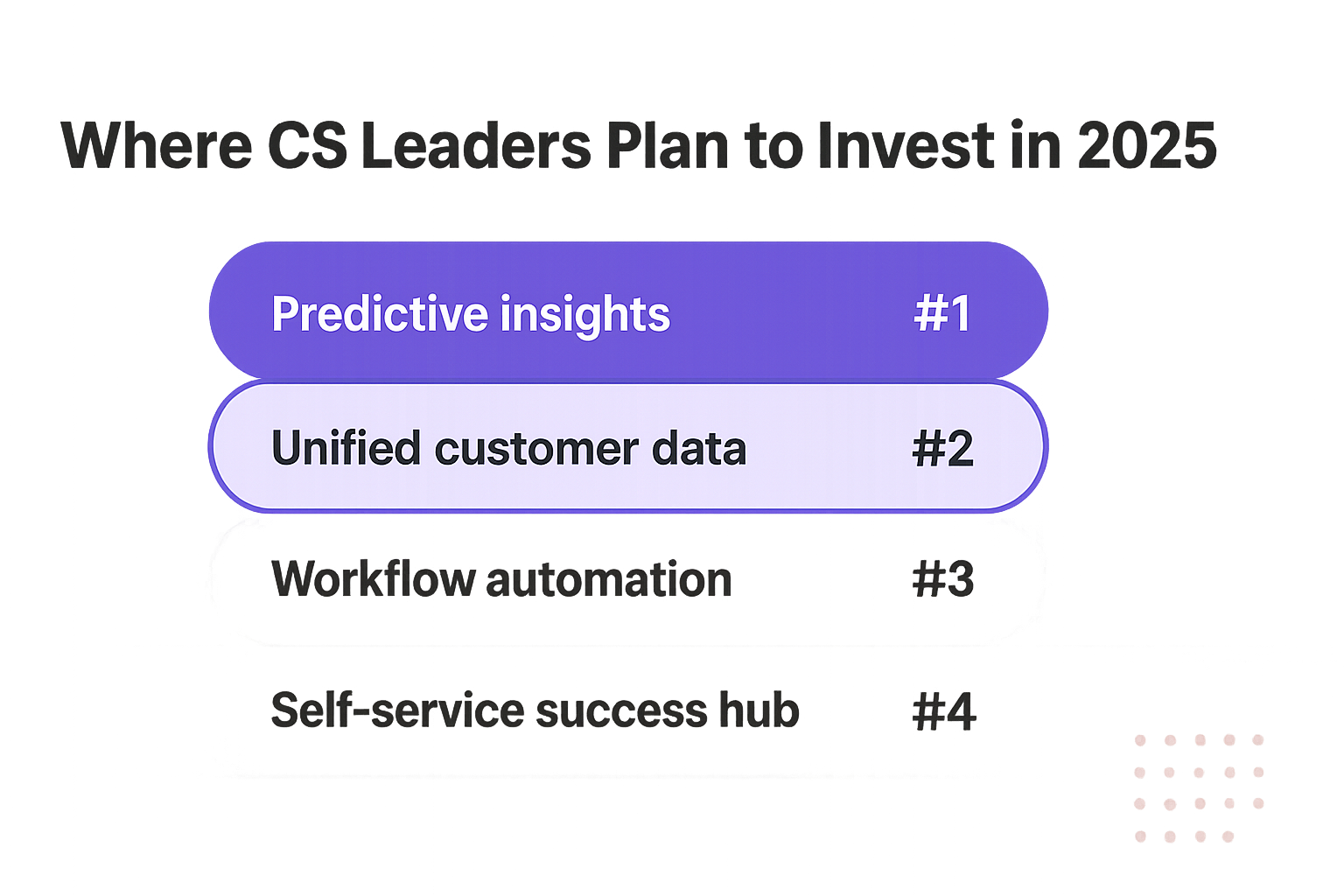
Let's say you're a SaaS company doing $5M ARR with about 10% monthly churn (pretty typical). If you implement AI agents and see even modest improvements:
- You could retain an extra $750K to $1.25M annually
- Your CS team becomes about 30% more efficient
- Customer satisfaction scores typically improve by around 25%
Obviously, your mileage may vary depending on how you implement it and what your current situation looks like. But the math usually works out pretty well.
Where to Start if You Want to Try This
If you're thinking about implementing AI agents, here's what's worked for most of the companies we've helped:
Weeks 1-2: Figure out what you're trying to fix
Take a honest look at where you're losing customers and what's eating up your team's time. Don't try to solve everything at once - pick the biggest pain points and focus there.
Weeks 3-4: Get the platform set up
This is where you'd implement something like EverAfter's platform and configure the AI agents for your specific use cases. Connect it to whatever tools you're already using so you're not starting from scratch.
Weeks 5-8: Start small and learn
Launch with a pilot group of customers - maybe 10-20% of your base. See what works, what doesn't, and tweak things based on real feedback. This is where you'll learn the most.
Weeks 9-12: Expand what's working
Once you've figured out what works with your pilot group, roll it out to everyone else. Add more advanced features as you get comfortable with the basics.
The key is starting simple and building from there. Don't try to automate everything on day one.
The Reality Check
Here's the thing - AI agents aren't magic. They won't fix fundamental product issues or replace good customer success fundamentals. But when you implement them thoughtfully, they can genuinely transform how you approach retention.
We're seeing companies that embrace this technology early get a real competitive edge. Not just in retention numbers, but in operational efficiency and customer satisfaction. While their competitors are still playing catch-up with manual processes, these companies are delivering experiences that feel personal and proactive at scale.
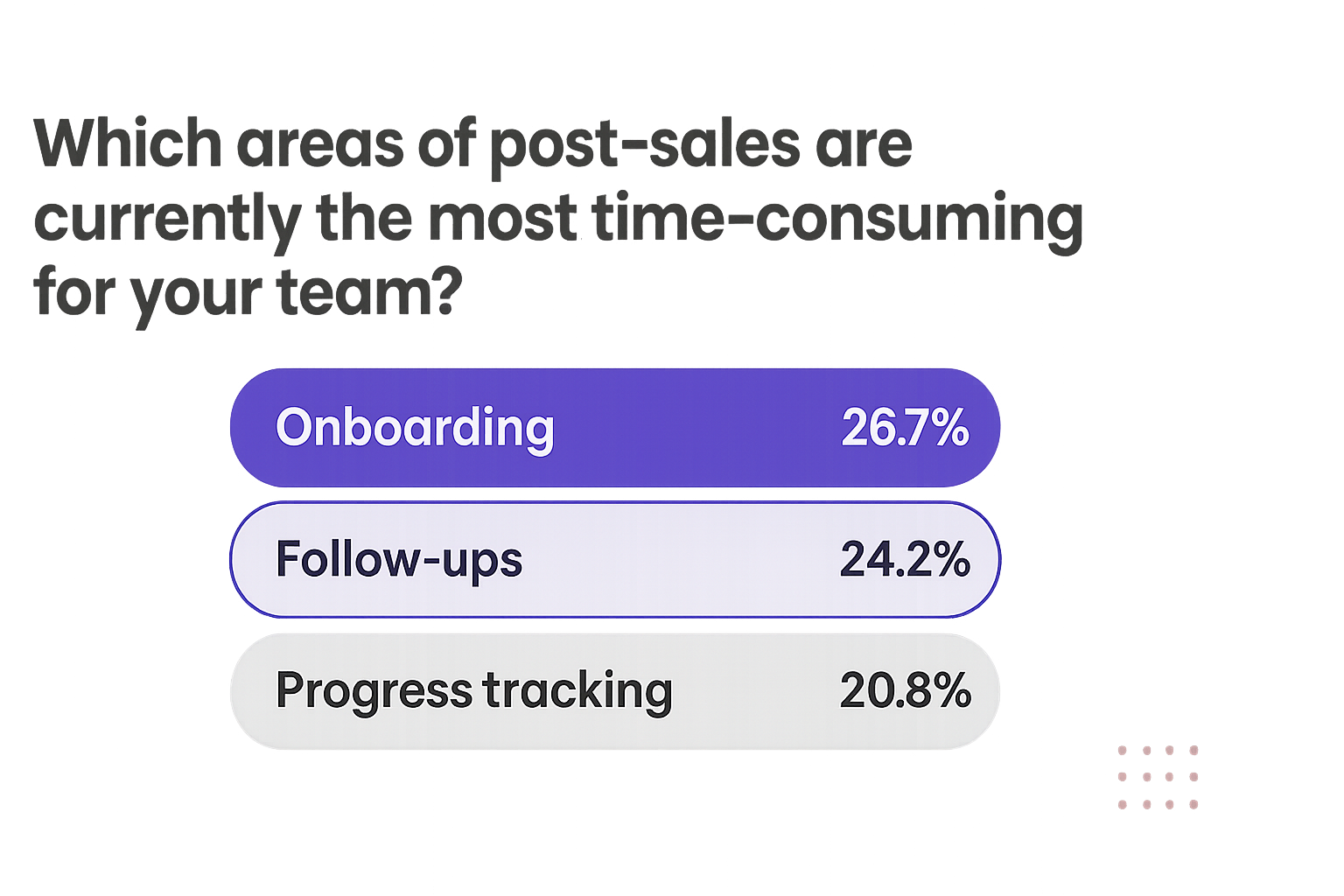
The companies that figure this out now are going to have a significant advantage over the next few years. The question is whether you want to be leading this shift or scrambling to catch up later.
Want to see how this actually works? Book a demo with us and we'll show you what AI agents can do for your specific situation.
If you want to dig deeper into AI agents, check out our comprehensive guide and learn more about our retention solutions.



.png)

.png)

.png)




%20(1).png)
















.png)
.png)
.png)



.avif)



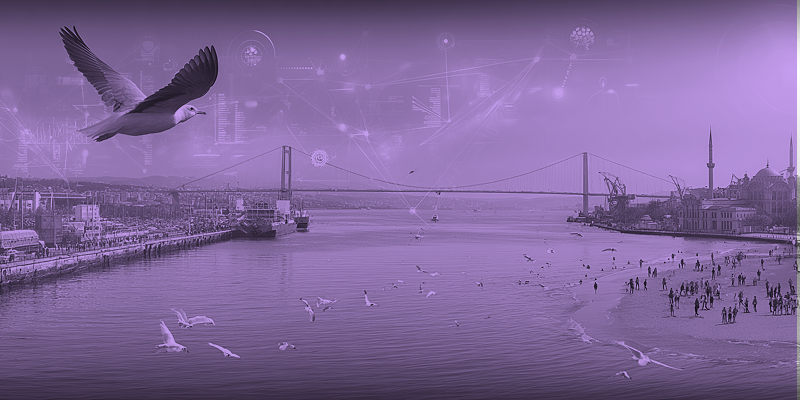
.png)
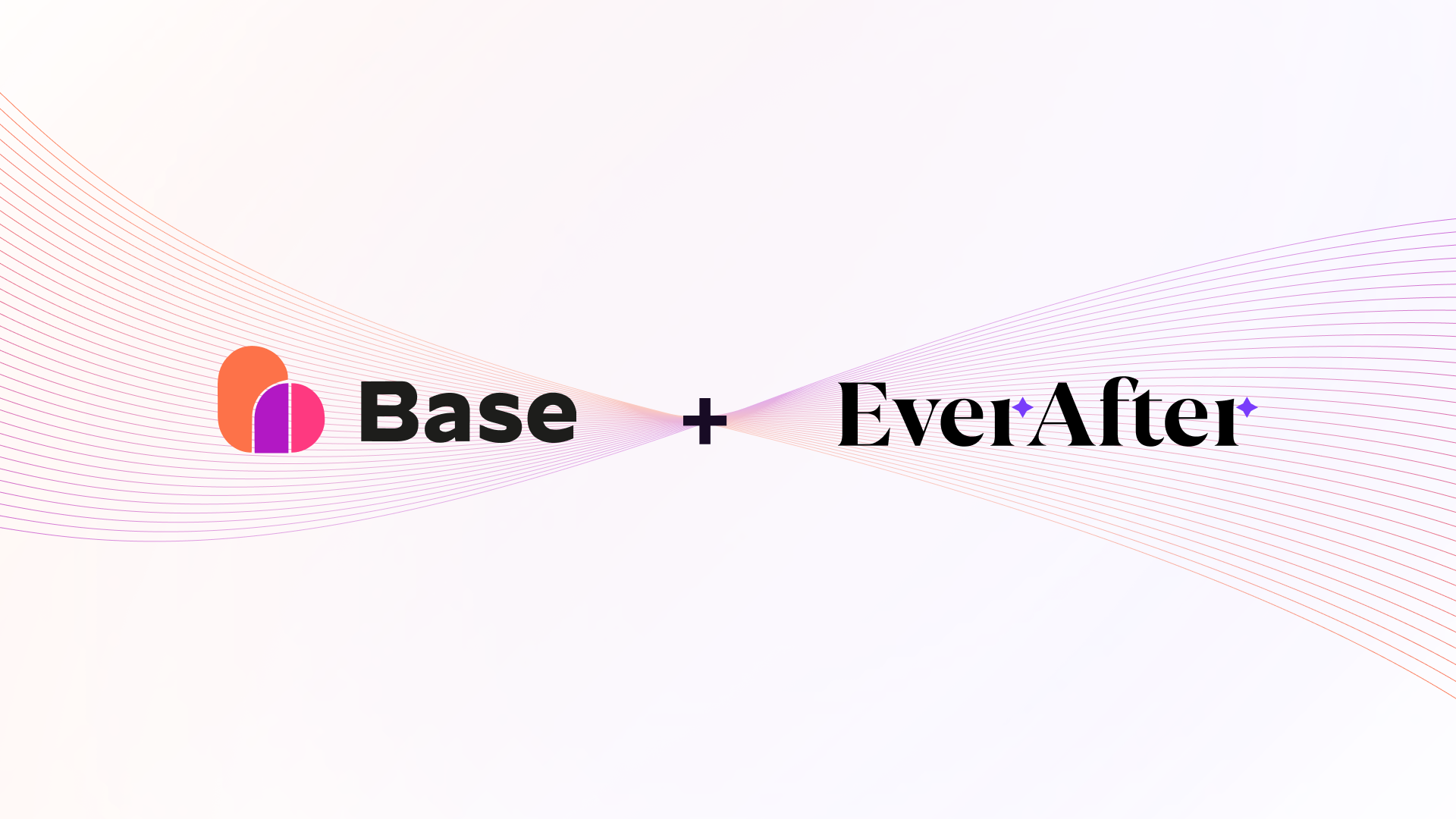
.png)
.png)







